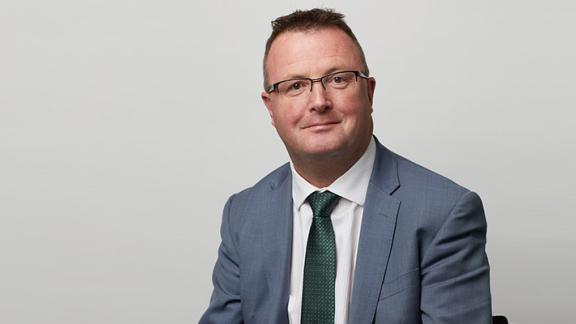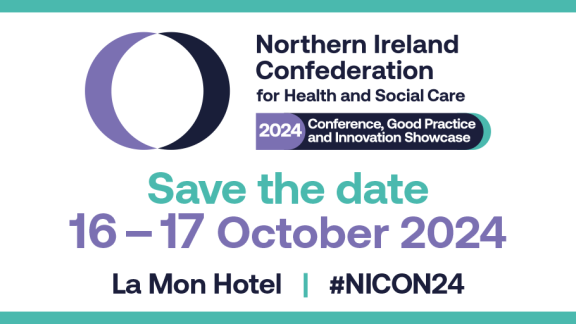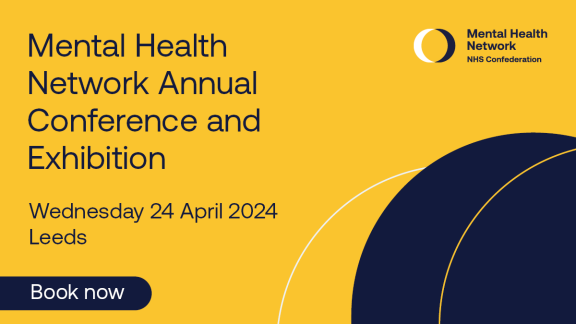Tackling the increase in demand for mental health support in children and young people

The facts are indisputable as Sean Duggan reviews recent survey results that underline the urgent need for increased funding for mental health services to be able to support the climbing number of children and young people suffering from increasingly poor mental health.
The pandemic and especially the lockdowns have been particularly challenging for our children and young people (CYP). It is not surprising that the rate of probable mental disorder in five- to sixteen-year-olds increased from 1 in 9 in 2017 to 1 in 6 in 2020. This increase in demand for mental health support is not just an issue for the NHS, but is being felt across public service provision, with schools identifying more and more cases of mental health issues in school children.
This week is Children’s Mental Health Week, and as part of that, Place2Be and NAHT have published results from a joint survey, which found that 95 per cent of staff working in schools have witnessed increased levels of anxiety in children and young people since the beginning of the current school year. Staff working in secondary schools in the UK, noted a 72 per cent increase in self harm, 61 per cent increase in suicidal thoughts and 56 per cent increase in eating disorders. To help these CYP we need to ensure that they have easy access to early intervention support.
What is available?
There are existing services that provide easy access to mental health support. For instance, voluntary sector services such as Place2Be, that provide mental health support in schools, and youth hubs such as 42nd Street in Manchester that provide community-based services for young people and young adults. There are also existing digital services such as Kooth, and Healios, who already work in schools, or across a clinical commission group (CCG) area. These are all non-NHS services, but they can be commissioned using NHS funding to provide services as part of the local pathway for CYP.
The Mental Health Support Teams (MHSTs) are a government-funded initiative to improve early access to mental health support in schools. Currently 15 per cent of pupils are covered by an MHST, and there is funding to expand this to 35 per cent by 2023. Further funding is required to roll out these services nationally, but there was no money for MHSTs in the 2021 Spending Review
The effects of the pandemic
From the early stages of the pandemic, there have been suggestions that lockdowns are likely to result in an increase in child protection cases. The number of CYP with mental health issues being seen by social workers has increased by a quarter compared to before the pandemic, with 1,500 presenting to councils every week. Councils do commission mental health support for children, often jointly with CCGs, but cuts to local authority funding makes this more challenging. The increase in demand for child protection, which can be a risk factor for mental health problems is according to the LGA (Local Government Association) likely to increase social care costs by £600 million each year until 2024/25.
Given the increase in the prevalence rate and in the pressures felt by schools and councils, it is not a surprise that the number of CYP in contact with mental health services has also increased significantly during the pandemic. What we are hearing from our members in the Mental Health Network, is that not only are they seeing more CYP, but that, additionally, the increased severity and complexity of their issues is causing problems.
Quote: Increase in demand has meant that waiting times have increased: 1,218 CYP in summer 2021 compared to 140 in spring 2019 waiting four weeks and over to start treatment
There were 51 per cent more CYP in contact with mental health services in November 2021, compared to January 2020. The number of CYP under 18 years of age, needing eating disorder services has skyrocketed, with a 69 per cent increase in the number of children and young people accessing urgent care between August 2020 and November 2021. While about 63 per cent of CYP who urgently need help for an eating disorder are being seen within one week, and about 65 per cent of those who need routine care are being seen within four weeks, the increase in demand has meant that waiting times have increased, with some young people waiting in excess of 12 weeks for urgent care. This is particularly the case for those needing routine care, with the number waiting four weeks and over to start treatment standing at 1,218 in summer 2021 compared to 140 in spring 2019.
There are longer-term consequences to CYP not being able to access mental health support when they first need it. We know that about 50 per cent of adult mental illness is present by age 15, and 75 per cent by age 24. If left unsupported, young people’s mental health problems are likely to get worse, require more intensive interventions, cost the public purse more and not least have a huge impact on the lives of these people and their families.
The way forward
CYP mental health services have been historically underfunded, and while there has been significant transformation work to improve these services, there is still a long way to go. Only about 30 per cent of CYP with a mental disorder are accessing mental health support, and this does not include the large number of CYP who do not meet the threshold for mental health services. Additional funding will help further develop CYP mental health services by properly funding early intervention support and speeding up the roll out of MHSTs and reducing the number needing specialist services. As well as additional funding, we also need the workforce. While the number of people working in CYP mental health services has increased as a whole, the number of key staffing groups such as mental health nurses and consultant psychiatrists has not increased in line with the targets with only around 38 per cent of the target numbers in post.
Sean Duggan is chief executive of the Mental Health Network. Follow them on Twitter @SeanDugganMHN and @NHSConfed_MHN


